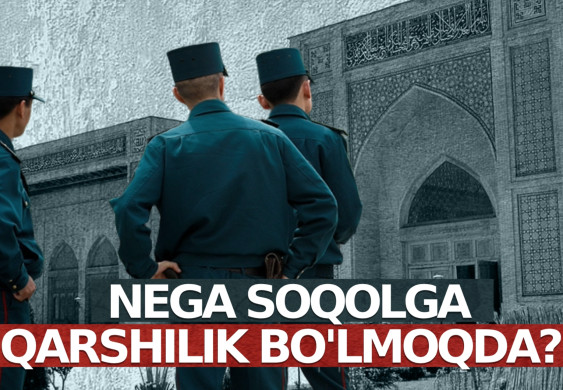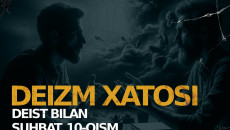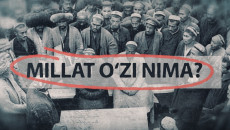What would an ideal nation look like?
What would an ideal nation look like?
It is no secret that since ancient times, people have lived in the dream of building an ideal society. Scientists, thinkers and intellectuals thought about how such a society should be.
The work "Republic" by the Greek scholar Plato, who lived two and a half thousand years ago, is one of the first works in which ideas about the structure of the state, the concept of justice and the ideal society were described.
Five hundred years ago, the English writer and philosopher Thomas More wrote "Utopia" about the most just and ideal society in the future. However, among similar works, Abu Nasr Farabi's book "The City of Virtuous People" stands out for its richness of meanings.
Abu Nasr Farabi's work "The City of Virtuous People" is an important philosophical source written a thousand years ago about the structure of the state and the ideal society. In this work, under the influence of Plato's "Republic", Pharoby expressed his views on the ideal society and the ruler, combined with the religious and philosophical traditions of his time.
Abu Nasr Farabi continues these thoughts in another important work on the foundations of a virtuous society - "About the Nation".
In it, Farobi first clarifies the concept of "nation". He stated that a nation is an ideology and effort established in society by the first leader who is the founder of the nation. What makes a nation a nation is its ideology and practices based on certain laws and values. Those who follow that nation (they can be tribes, clans, towns and villages, or a whole nation) are called society.
Farabi explains that any nation can be virtuous, ignorant, or misguided, and how a nation becomes depends largely on the leader's goals.
For example, if the first leader who determines the ideology and behavior of the nation, that is, the founder of the nation, is virtuous, and if his leadership is truly virtuous, then the people who follow the path he has set will achieve supreme happiness.
However, there are such ignorant leaders who, while determining the destiny of the nation, only want to gain their own interests, i.e. health, wealth, luxury, honor, glory, victory or similar things. Only he gains from this, and he turns the people into a tool that he uses to achieve his goals and keep power in his hands.
And there will be such leaders whose leadership will be a real error. In this case, the leader thinks that he is virtuous and wise, but in reality it is the opposite. It's a pity that the people under his command also think and trust their leader. In such a situation, the people think that the result presented by the errant leader, but which is not true happiness, is supreme happiness and wants to achieve it. This leads to the people going astray. Such deceitful leaders seem to want their people to achieve supreme happiness in their policies, but in reality they think of achieving worldly pleasures by taking advantage of people's hardships.
After that, Farobi expresses his thoughts on how the first leader, the founder of a virtuous nation, should be. According to him, the first task of a virtuous leader is to introduce a rule that is in accordance with the revelation conveyed to him from God.
While concluding, Farobi says that in order to manage any state and build an ideal society, it is necessary to have a nation that unites the thoughts, beliefs and actions of the people. Without such a nation, it is impossible to establish a just government or build an ideal society. Because only a single nation coordinates divisions within the nation, connects them and organizes them. Only people under a single nation can support each other and achieve the desired goal, i.e. ultimate happiness.
So, in the society where you live, has the concept of "nation" been formed, which unites people on the way to achieve the highest happiness and encourages them to help each other? What do you think should be the ideology and basic values of the nation?
© History and politics














